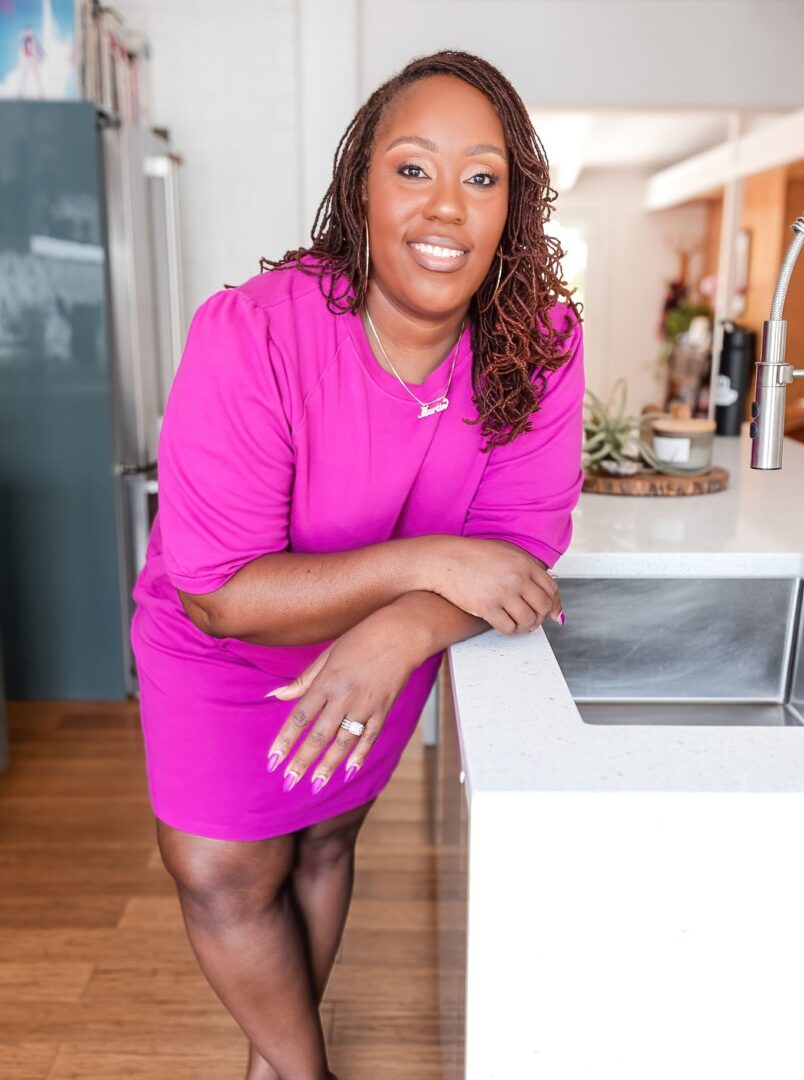We caught up with the brilliant and insightful Stacy McCall-Martin a few weeks ago and have shared our conversation below.
Hi Stacy, appreciate you sitting with us today to share your wisdom with our readers. So, let’s start with resilience – where do you get your resilience from?
I get my resilience from my other grandmother and my grandmothers. I identify as a Black woman, and with that positionality comes a lineage of strong Black women who couldn’t be anything less than strong even if they wanted to. I provide therapy and coaching to Black women and have researched how the concepts of strength and stress create complicated identities and experiences for us. I understand that being strong means persisting. I also understand, however, that strength is better accessed when I rest. Rest is more than naps and a good bedtime routine. Resting is resisting the urge to push past exhaustion and physical discomfort for the sake of productivity, and instead, creating a slower pace that honors my capacity and invites joy and curiosity. My resilience comes from the strong Black women who raised me and is fueled by the urgency to rest and reclaim.
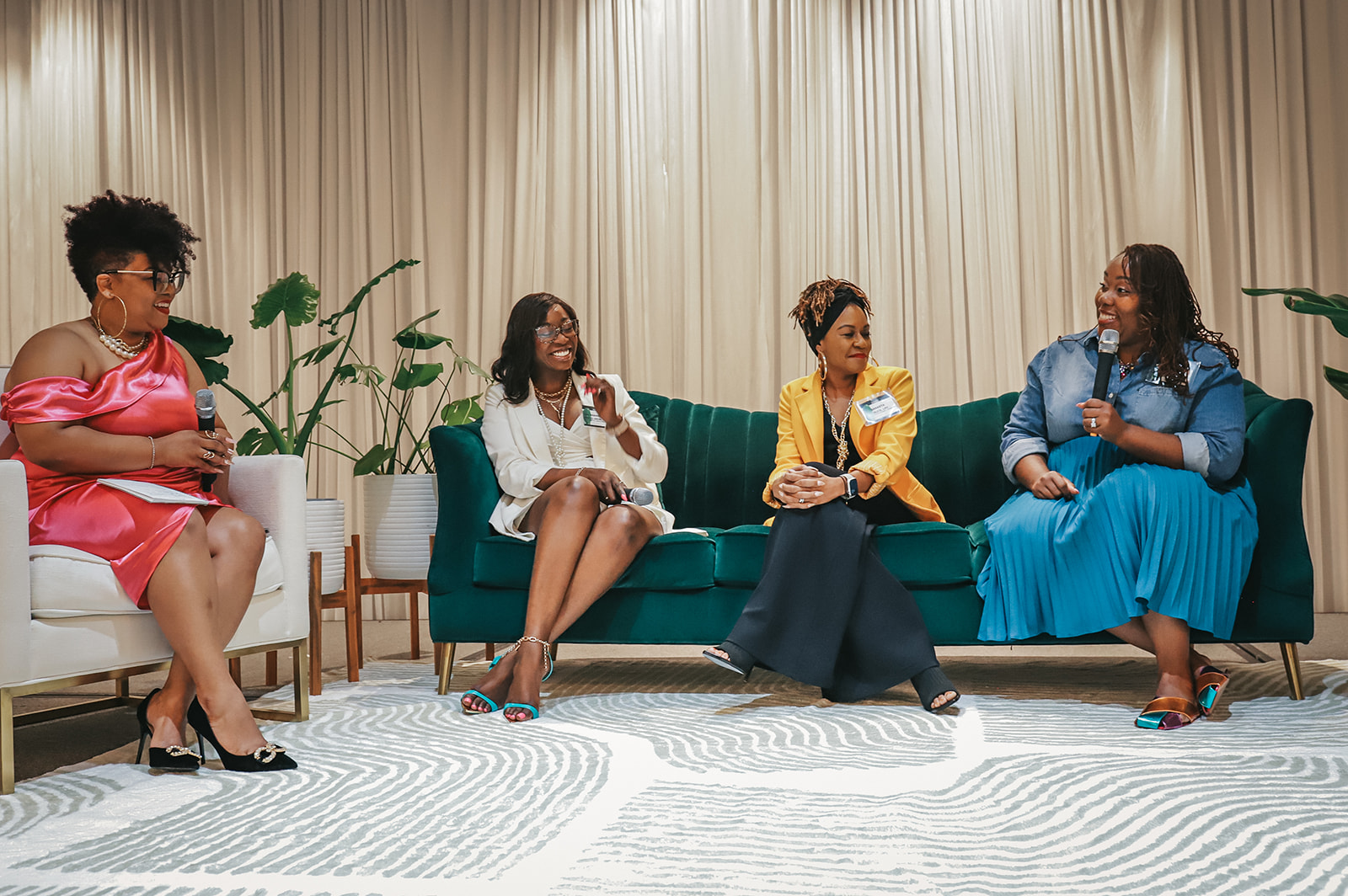
Thanks, so before we move on maybe you can share a bit more about yourself?
I am a private practice owner and licensed therapist (California) and a lifestyle coach worldwide. I am passionate about providing culturally responsive care to Black women and their families. I use Christian faith-integration, mindfulness, and theoretical approaches of Womanism and Liberation psychology to empower clients to accept their position in life while actively changing what’s within their control.
I’m a rest advocate. My love language is rest, and I love weaving it into everything I do. I have the privilege of seeing my clients’ narrative shifts when they embrace rest as an antidote to their exhaustion. My love of rest as resistance led me to a return to graduate studies. I’m a first-year Doctor of Social Work student at California Baptist University, where I’m researching best practices to create evidence-based approaches for Christian faith-integrated mindfulness to reduce stress for Black women. Having a seat at the table means nothing if I don’t use my voice, informed by professional, personal, and academic experiences, to shift the narrative.
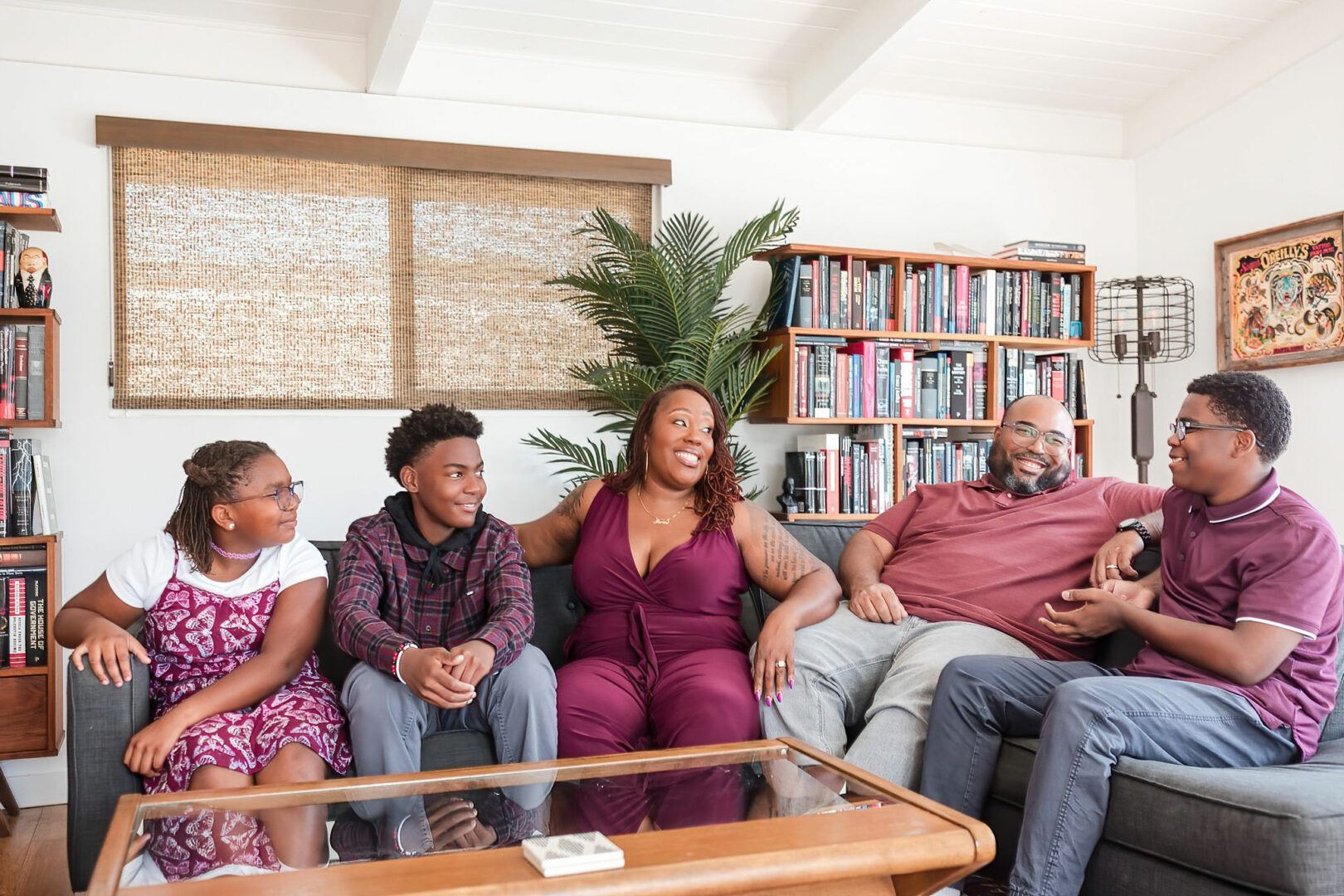
Looking back, what do you think were the three qualities, skills, or areas of knowledge that were most impactful in your journey? What advice do you have for folks who are early in their journey in terms of how they can best develop or improve on these?
Three qualities/ skills/ areas of knowledge: leaning into what I know, gaining curiosity about what I don’t, and boldly using my faith.
I firmly believe that my life was given to ME to live. My experiences matter, and they matter to God. Leaning into what I know honors my lived experiences and even gives my mistakes meaning. Those moments are not just for me; they’re for others in similar circumstances.
Staying curious requires humility. I don’t know what I don’t know. Using courage to explore what I notice and wonder allows me to gain insight and fresh understanding; My curiosity keeps me teachable.
I often am that voice who brings God and Jesus into the conversation. It is an aspect of my identity that informs my approach to the world. Shrinking that part of me for others to feel comfortable is gaslighting myself. I’ve also learned that speaking boldly about my faith gives others permission to do the same.
My advice to others early in this journey is to get comfortable with self-reflection. Look at yourself in the mirror. Admit what you love about yourself. Get curious about what you don’t. And position yourself to show up as authentically as possible.
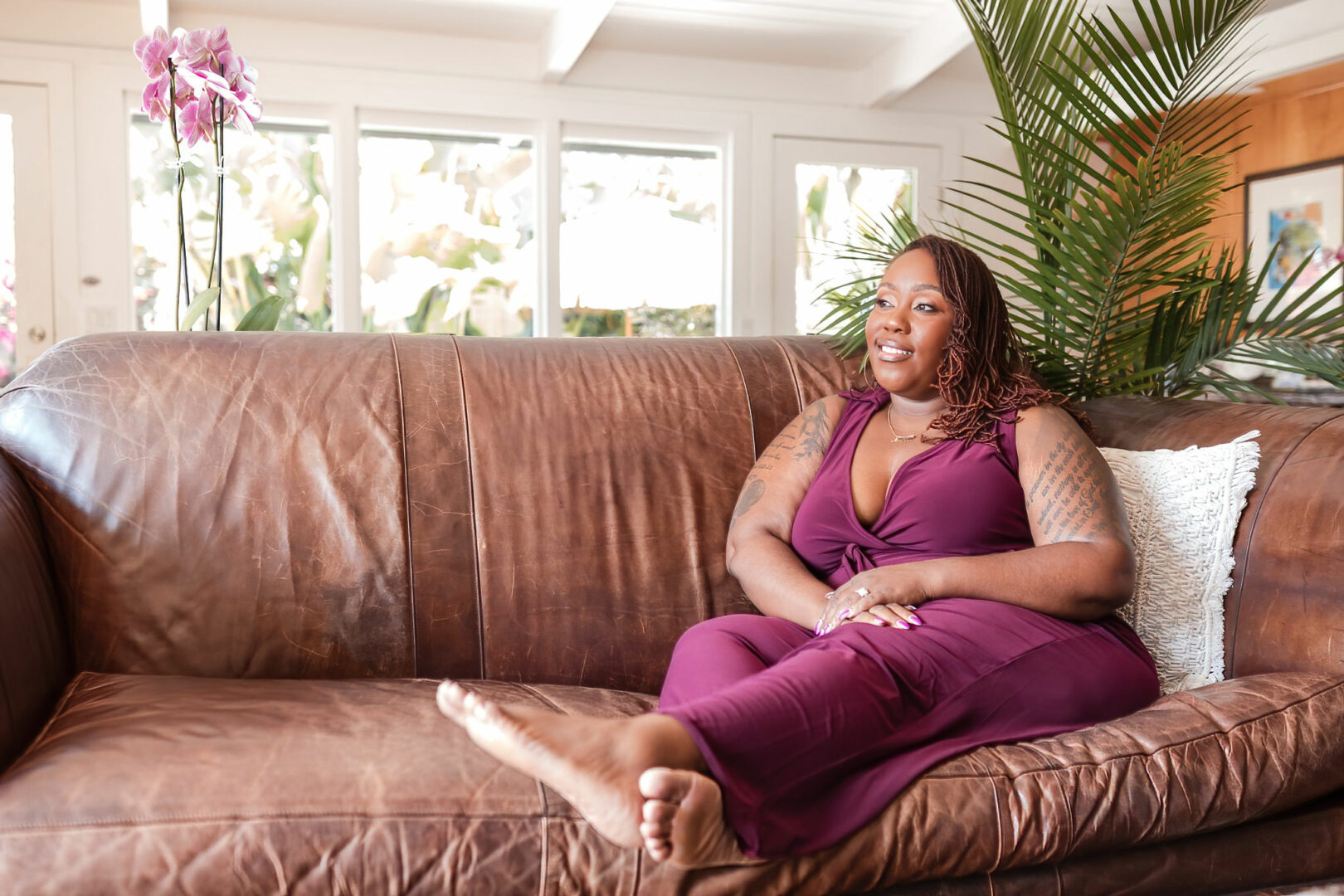
Awesome, really appreciate you opening up with us today and before we close maybe you can share a book recommendation with us. Has there been a book that’s been impactful in your growth and development?
Rest as Resistance: A Manifesto by Tricia Hersey
In my love of rest, this book stumbled across my social media feed. It is a necessary literary gem for any person, especially Black readers who want to better understand how rest is liberation. The book gave words to explain that rest is very rarely cute and photo-worthy. It’s political. It’s spiritual. It’s communal.
The author describes daydreaming as one of the simplest yet powerful ways to engage in rest. For Black folks, daydreaming may feel like a luxury. But it’s not. It’s an accessible way to take a break and reignite imagination. That spark of creativity fuels ingenuity to change what’s changeable.
Contact Info:
- Website: https://www.thefruitedlife.com
- Instagram: @fruited.living.with.stacy
- Facebook: @thefruitedlife
- Linkedin: https://www.linkedin.com/in/stacy-mccall-martin-lmft/
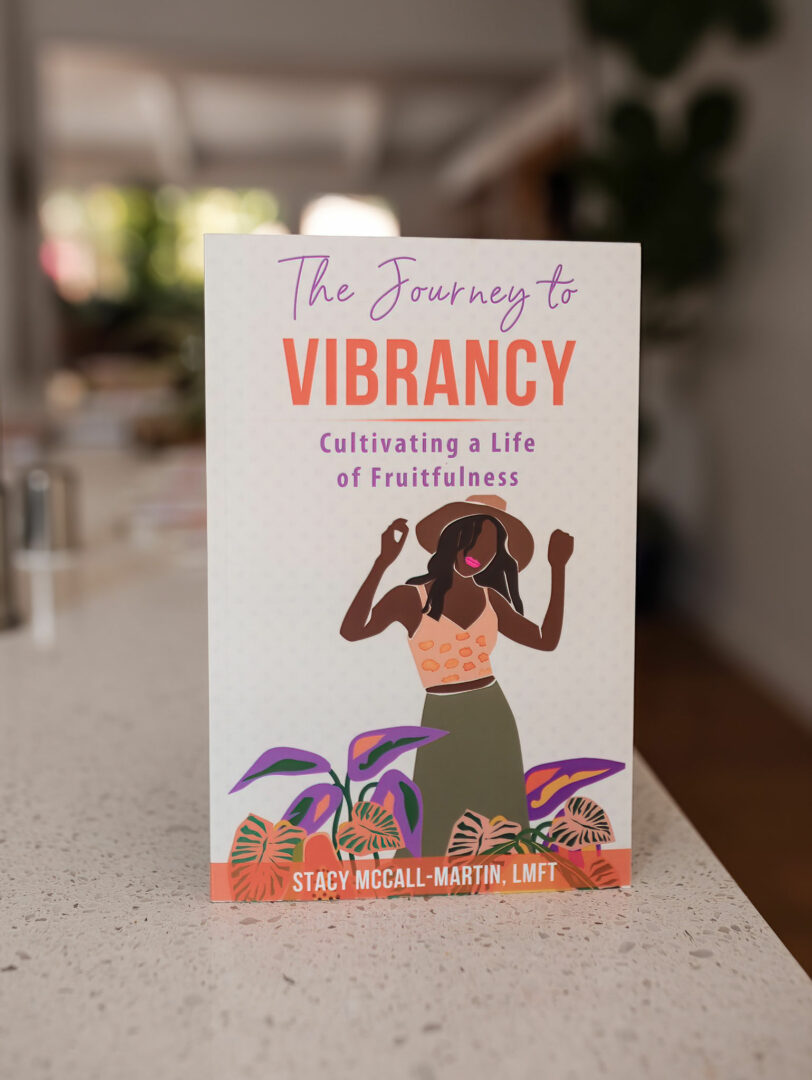
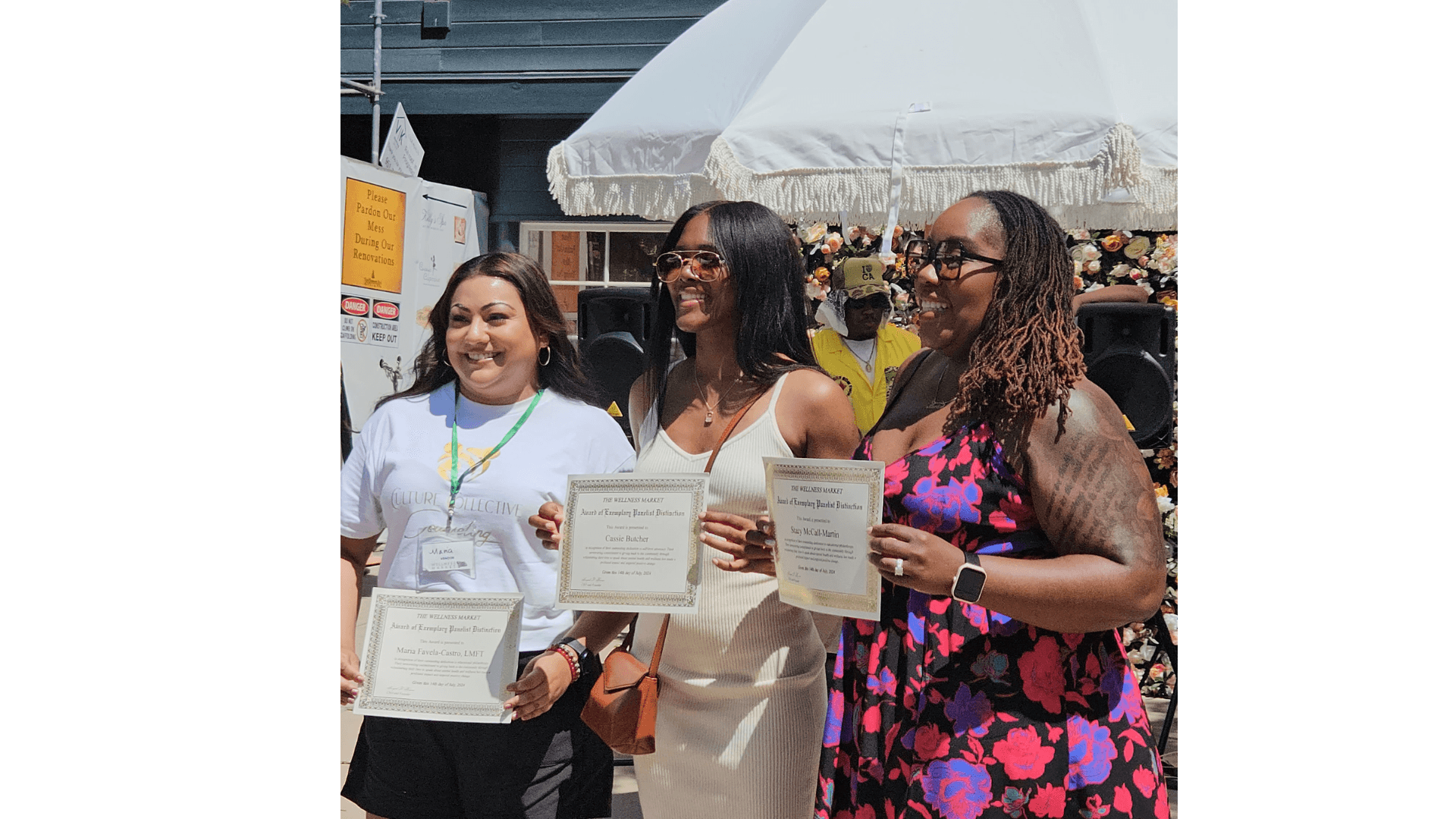
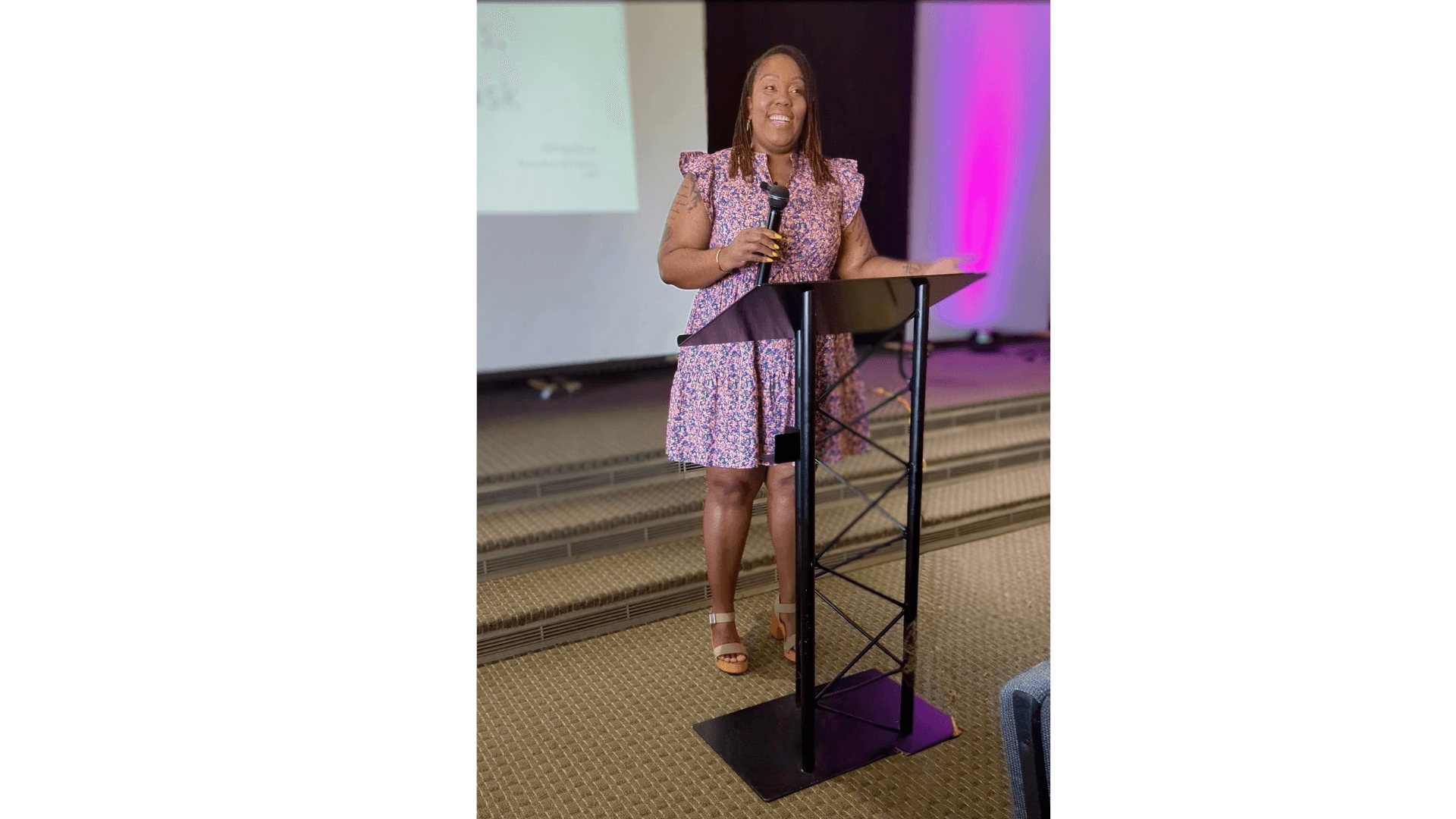
Image Credits
Photographer for brand photos: Andrea Dawkins
so if you or someone you know deserves recognition please let us know here.

